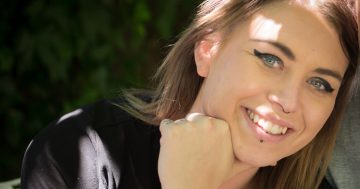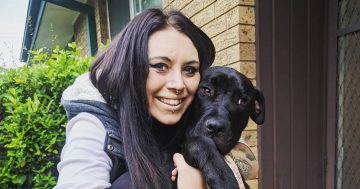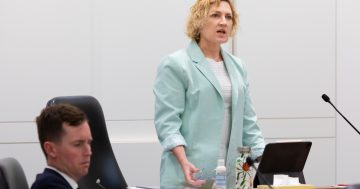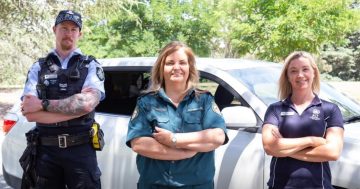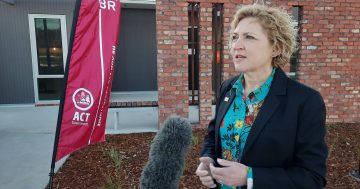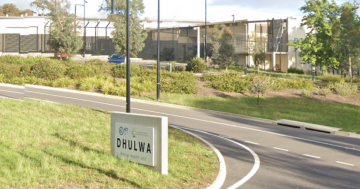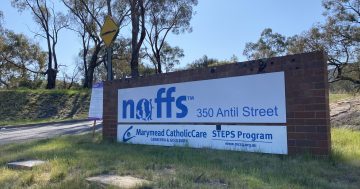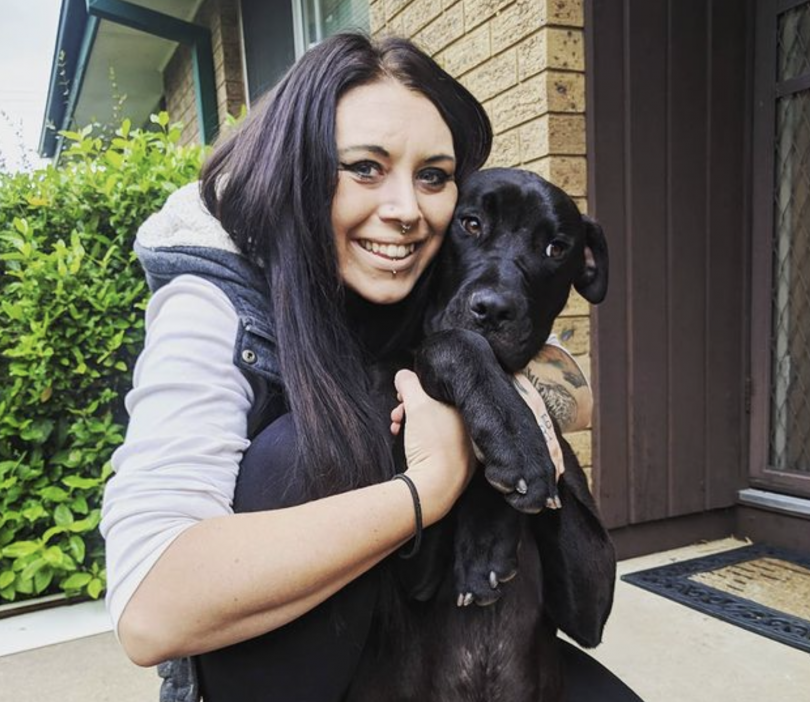
Brontë Haskins’ death in 2020 is now the subject of a coronial inquest. Photo: Instagram.
Warning: this article discusses suicide. If you or anyone you know needs help, you can also contact Lifeline on 13 11 14 for 24-hour crisis support.
Janine Haskins suffered every parent’s worst nightmare when she lost her daughter Brontë Haskins last year.
Brontë’s mental health had been on a downward spiral for a number of years. She’d begun using drugs as well as committing criminal offences.
It eventually culminated in her suicide at 23.
Ms Haskins thinks things could have been different.
At the time, Brontë had been released on bail from the Alexander Maconochie Centre, her only time in custody.
Ms Haskins says while it was difficult to see her daughter in prison, Brontë “looked the best she had in years”.
When she was released, Brontë’s bail conditions directed her to seek treatment for her drug and alcohol addiction, but not for her mental health conditions.
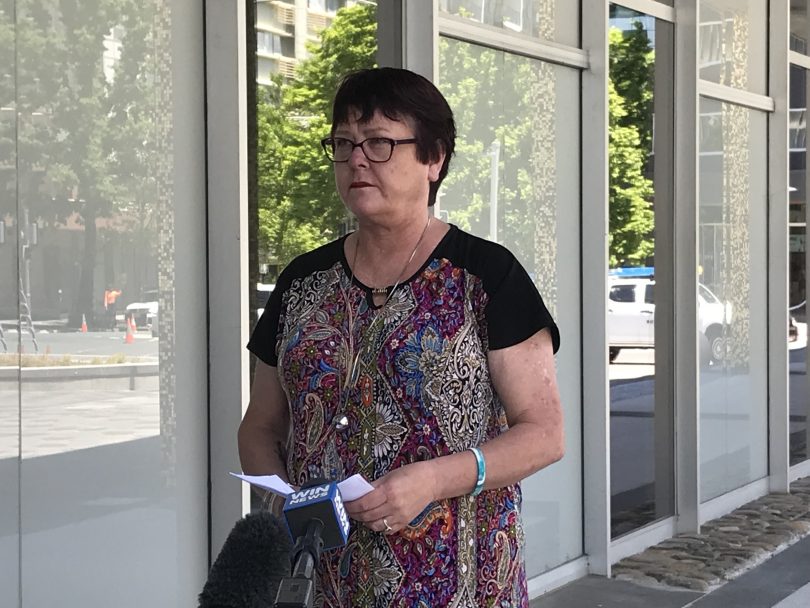
Janine Haskins thinks there were missed opportunities that could have saved Brontë. Photo: Lottie Twyford.
Ms Haskins had also been instructed to alert police should Brontë drive, not return home at night or do drugs.
Ms Haskins and her husband Peter McLaren requested police intervention at least four times.
At one point, Ms Haskins said Brontë believed she was in a Nazi gas chamber, and despite this, and the drug paraphernalia found, the police did not take Brontë into care, nor did they alert a mental health services team.
She’s of the view that there were missed opportunities that could have changed the eventual, tragic outcome.
A health service review attributed at least one delay in taking immediate action to “human error”.
The circumstances which led to Brontë’s death are now before the coroner. The findings will be handed down next year.
Since then, Ms Haskins has been a vocal advocate for integrating mental health services with the drug and alcohol support system.
She thinks it’s essential the two conditions, or comorbidities, are treated together.
“It’s not rocket science. If you’ve got a broken leg and also a kidney condition, they are treated together, and that’s exactly how it should be,” Ms Haskins said.
“The health system and the mental health system do not collaborate; the left hand does not speak to the right hand.”
The ACT Government has now agreed to delay a debate on decriminalising small amounts of illicit drugs until it first looks at how mental health and drug and alcohol support services can be better integrated.
Opposition Leader Elizabeth Lee moved a motion in the Assembly on 2 December calling for better integration of these services.
“This motion is the result of real and tragic lived experiences,” Ms Lee said.
“Brontë should have had her whole life ahead of her.”
Ms Haskins sat in the Assembly’s public gallery as the government debated the motion, which passed with amendments from Minister for Mental Health Emma Davidson.
“The ACT Government recognises that the current system of addressing both issues is not complete,” Ms Davidson told the Assembly.
“It is a challenging issue that is being addressed.”
Minister for Health Rachel Stephen-Smith’s voice shook as she acknowledged Ms Haskins’ presence in the room.
“I want to assure Ms Haskins that we see Brontë in her full glory, and we sympathise deeply with her terrible loss.
“We will continue to work to ensure the service system improves and no one else has to go through the experience that she has been through.”
The ACT Government will report back to the Assembly on its plans to better integrate the services by May next year.
If you or anyone you know is struggling and needs help, contact Lifeline on 13 11 14.
If you are concerned about someone’s immediate safety or wellbeing, call 000.












